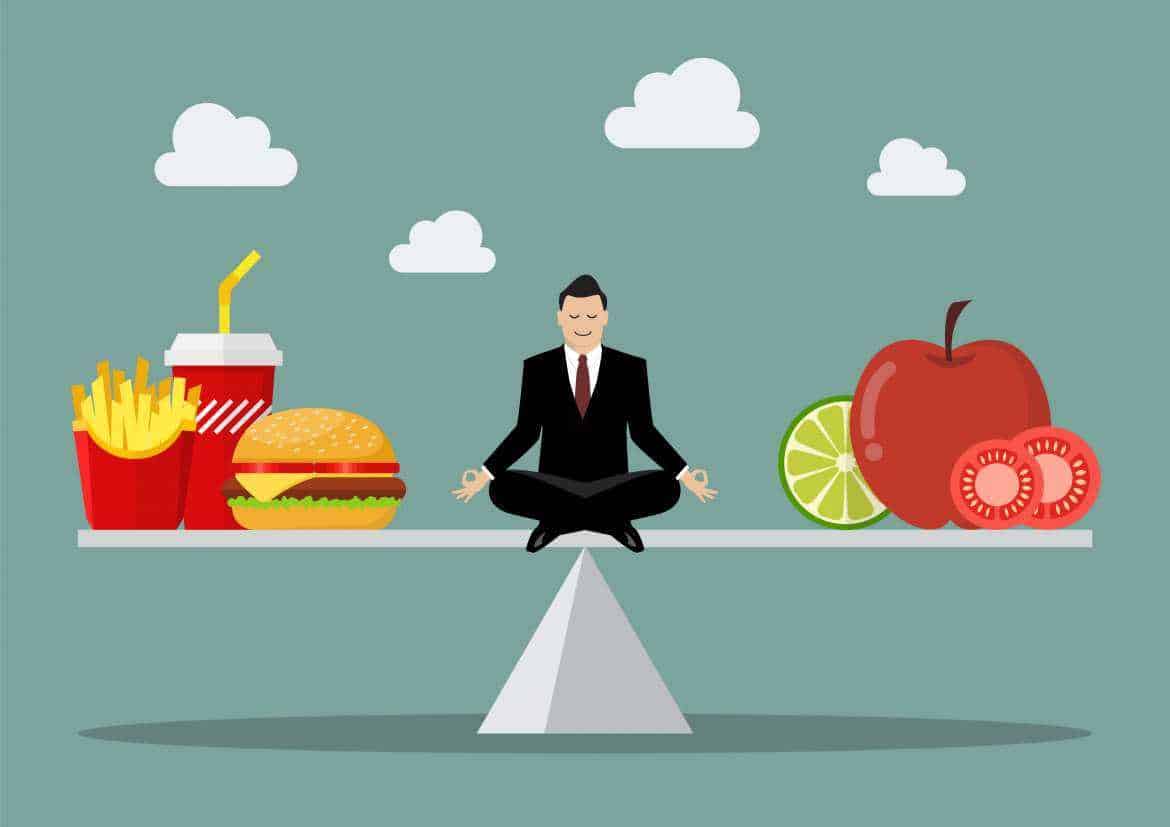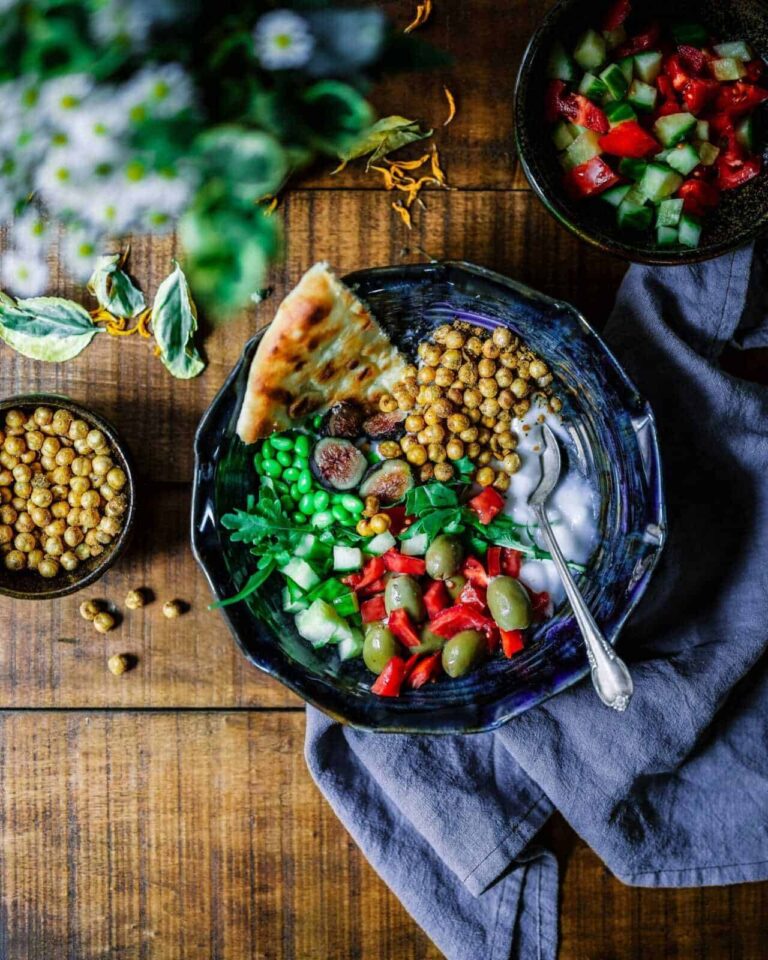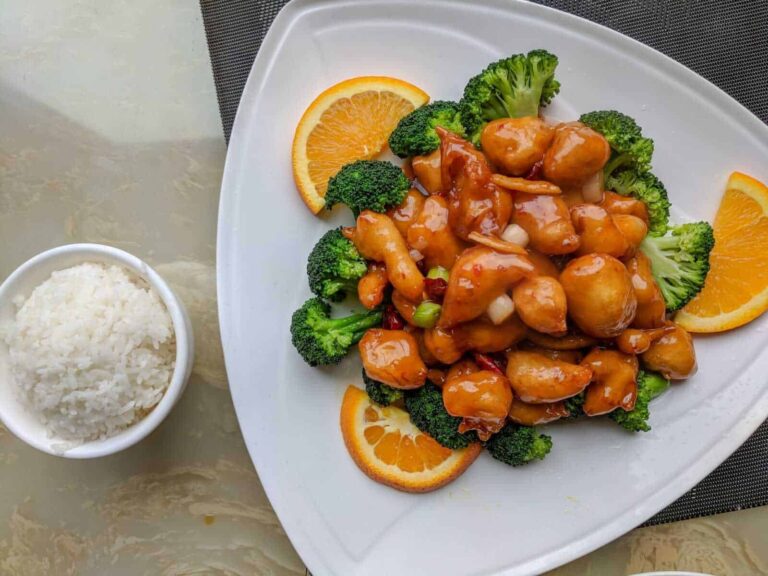how to have a healthy relationship with food

How to have a healthy relationship with food is a great way to achieve complete health and get back to nature, away from dietary restrictions.
A healthy relationship with food is like any relationship that a person builds with his surroundings, whether it is a person, animal, or inanimate object.
This relationship may take a person a lot of time or may extend to cover his entire life.
The answer to the question of how to build a healthy relationship with food includes a state of contentment between a person and food, which is more like a reconciliation between a person and what he eats.
It is also unconditional permission to eat foods that people are convinced are beneficial to their physical and mental health.
There are no contraindications or prohibited foods. Also, the feeling of remorse or guilt disappears when eating one of the food items.
There is no sense in categorizing food as good or bad.
Hence, the belief that there is bad or forbidden food, or that I am eating one of the foods that makes you feel guilty, is a bad relationship with food.
According to the foregoing, following a person’s diet involves restricting the consumption of some types of foods, and in return encouraging others to eat,
When a person weakens or his diet is weak, this makes him feel guilty and guilty, because he discovered his weakness and confronted it in the form of his inability to adhere to the foods that he should not eat according to the established diet.
In this article, we discuss the first steps in knowing how to have a healthy relationship with food.
What does it mean to how to have a healthy relationship with food?
Before beginning your journey to how to have a healthy relationship with food, you must first
realize that how you have a healthy relationship with food has nothing to do with the quality of
the food you eat or the effectiveness of the diet that you follow, but it depends mainly on the way you
choose food and the reasons that drive you to do so.
When you learn to have a healthy relationship with food, the amount of stress about the food you eat will decrease,
as will your menu of food choices.
What are the signs and symptoms of your bad relationship with food?

- Feeling guilty when you eat certain foods
- Restrict your choices of available foods, and avoid some.
- You make a list of the foods you allow yourself to eat.
- Your eating routine depends on how many calories you eat at each meal.
- Ignore the body’s natural hunger cues.
It is worth noting here that you don’t have to find all of these signs together to be certain that
your relationship with food is bad, but improving your relationship with food means not feeling obligated,
afraid, or guilty about whatever food you eat.
On the other hand, your relationship with food, whether good or bad, does not have to be permanent.
Sometimes, you will not feel any guilt towards food, which is wonderful, and other times you may
feel guilty when you eat certain foods, which is something Normal, but not cool.
The real goal of learning how to have a healthy relationship with food is to maximize your positive
experiences with food beyond your negative experiences, and to avoid negative emotions as much as possible.
The basic steps in how to have a healthy relationship with food

The following are the main steps in how to have a healthy relationship with food, in which you are free to move
between them however you want, taking into account the nature of your personality, your food preferences,
and your preferences towards different types of food.
But the truth you must always remember: Hope for change is completely different from trying to make a change.
it is considered the main rule in how to have a healthy relationship with food.
- Allow yourself to eat without restrictions or conditions. The presence of restrictions or precautions related to
a certain type or types of food creates feelings of depression and tension towards food.
No matter how much you eat for lunch, you have every right to eat whenever you feel hungry. - Eat your food when you feel hungry, and try to regain that natural ability to regulate this feeling that you
lost as you got older.
Parents always encourage their children to eat all the food on their plates. Despite the good intentions of parents,
this behavior makes children lose their sense of satiety and fullness.
They refer to stopping eating to an empty plate, not to feeling full.
On the other hand, the culture of different diets makes a person judge the act of eating with the number
of calories contained in each meal, and he must stop food when it reaches the target number of calories according to the diet,
and then the natural feeling of satiety is abandoned. Which makes a person stop food.
Always try to restore your ability to follow the body’s natural hunger cues, as it gives you better control over your food.
- You can try mindful eating, which is a cornerstone of your journey toward having a healthy relationship with food.
This method depends on the person removing any distracting factors while eating, such as reading,
watching TV, or being preoccupied with your mobile phone, and focusing only on the food you eat.
This approach to eating helps you slow down the speed of eating, and allow you to see how food tastes,
how good it is, and how satisfied you are with it.
You also allow for a natural feeling of fullness, which causes you to stop eating.
- Keep your diet open to all types of food, and do not stop eating one food without the others.
Usually, food is described as “bad” because it tastes delicious but has low nutritional usefulness, for example,
foods high in fat, sugar, or salt.
Studies have shown that the more you force yourself to refuse a certain type of food, the greater your desire for it will be.
Eat as much food as you like, but you have to trust your body’s natural indicators, and when you receive a message that you have had enough and felt full, you must stop eating in response to these natural indicators.
Such an approach is far more effective than food-restrictive diets, which is known as “counter-regulation.”






